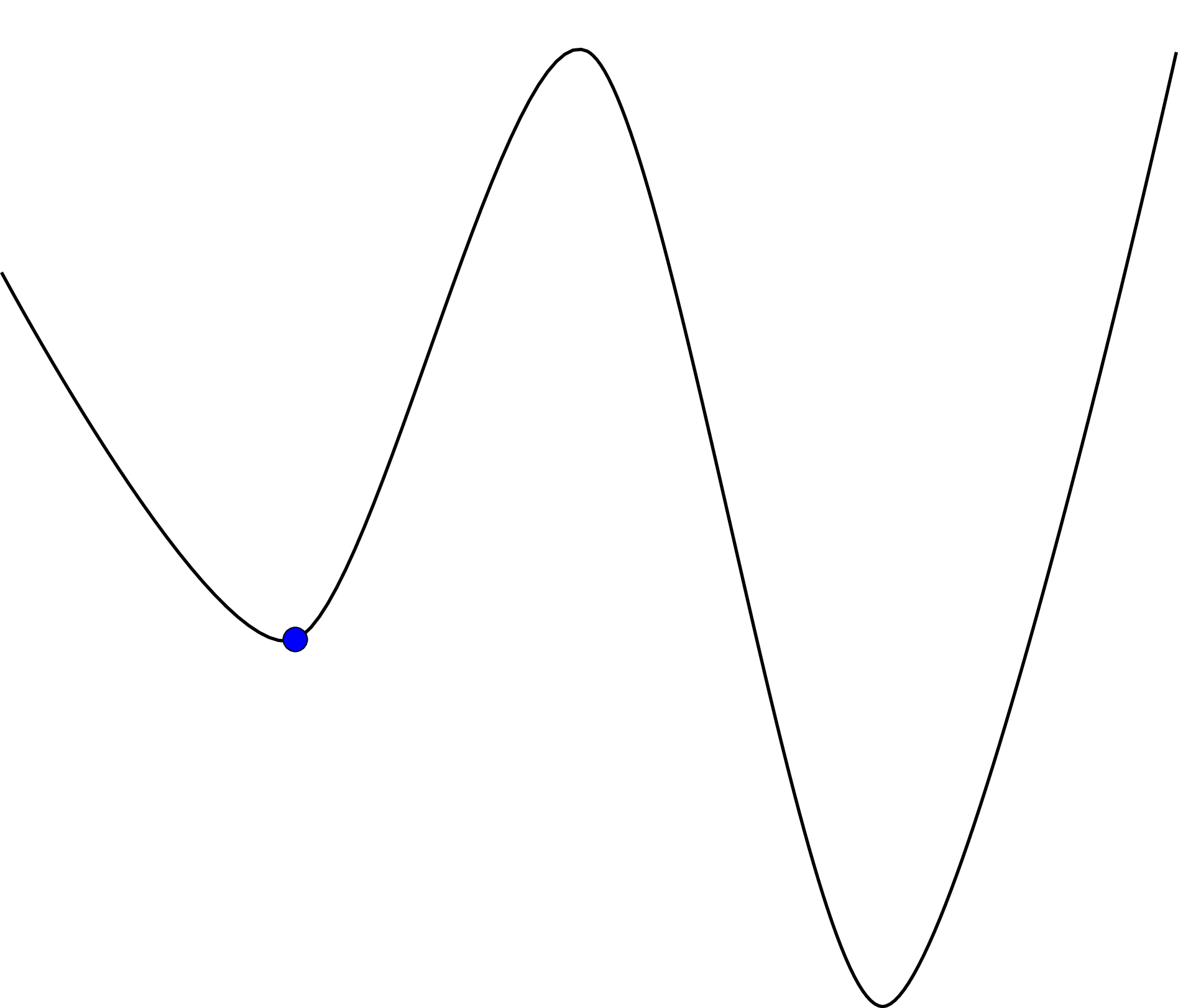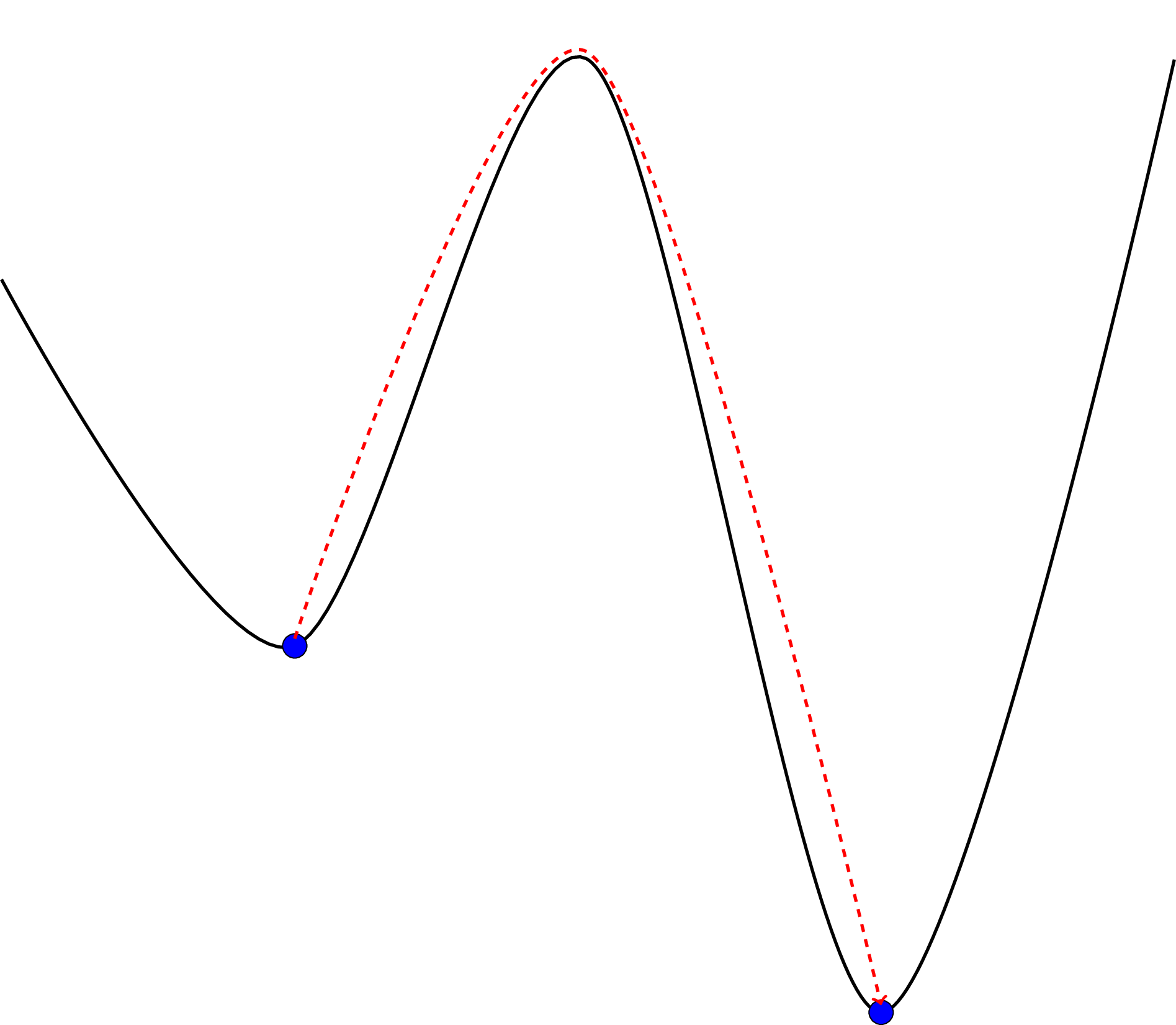Heuristics¶
The mathematical problem described in Mathematical model can be solved
using linear programming which is guaranteed to give the optimal solution. This
can be computationally expensive, thus conference_scheduler includes the
ability to search the solution space in an efficient manner to obtain if not the
best solution: a very good one.
A good overview of the main ideas behind these types of algorithms can be found in [Aarts1997].
One subset of these types of algorithms is called neighbourhood searches. This
involves defining a neighbourhood of a candidate solution. In
conference_scheduler, the neighbourhood of a matrix \(X\) is defined
as the matrix that corresponds to moving a single event to another slot. If the
new slot is currently being used by another event the two events are swapped.
The general format of a neighbourhood search is to randomly select an element in the neighbourhood of \(X\) and either accept it or not as the new current solution according to a given criteria.
Hill climbing¶
The Hill climbing algorithm has the most elementary acceptance criteria for a new solution. If the new solution has a better score then it is accepted.
The downside to this greedy approach is that by immediately accepting the better solution the algorithm can arrive at a local optimal: a hill top that is not the highest hill.
Note that the objective functions used in conference_scheduler are
minimised. Whilst, mathematically this is equivalent, the analogy of finding the
highest hill through hill climbing fails and we are in fact looking for the
lowest valley.

Simulated annealing¶
This algorithm will accept a worse solution with a given probability. However this probability will decrease over time. Thus, the algorithm spends time at the beginning exploring the search space before beginning to hone in to a better solution. The name of this algorithm comes from the concept of annealing in metallurgy. A good overview of this is given in [Henderson2003].
This in essence allows our search to “jump” away from local optima.
